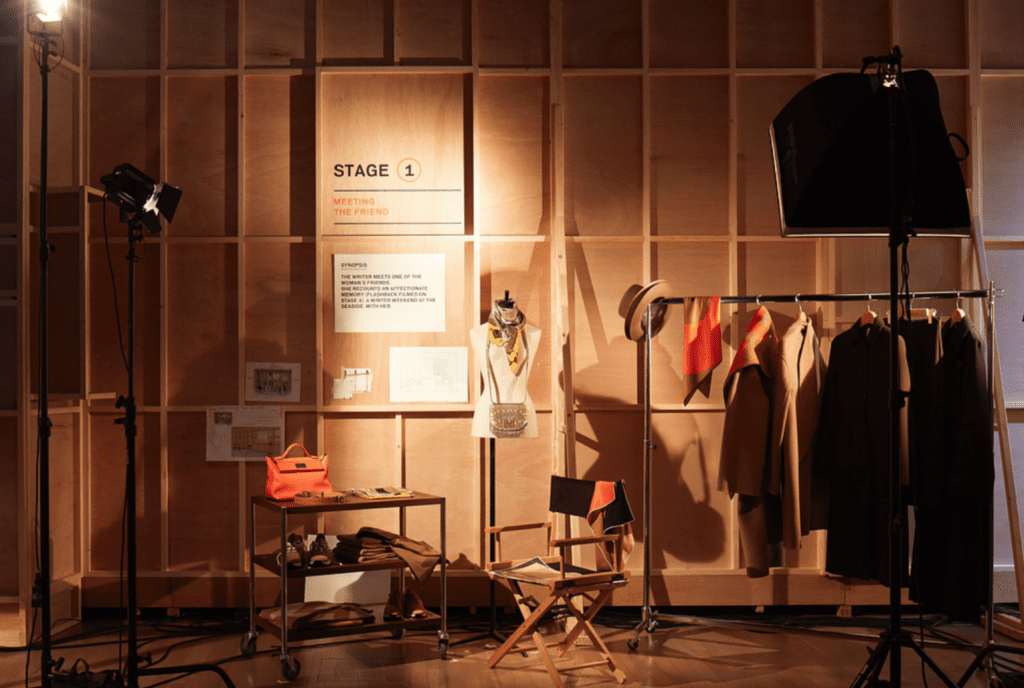It is no coincidence that one of the gathering spots of choice for France’s “gilets jaunes” protesters is the Champs-Élysées. The tree-lined avenue, which runs between the Place de la Concorde and the Place Charles de Gaulle, is dotted with high-end outposts, evidencing the footprint of globalized luxury and the ever-widening gap between the one percenters and the rest of society. As such, the famed boulevard is a sensical place for the yellow vests to rally against the rising fuel prices and larger the cost of living, and with it the pro-business initiatives of President Emmanuel Macron.
Today, luxury is not merely a market but also a major social phenomenon, and for the major players in nearly any sector – whether it be high-end fashion or luxury sportscars – to ensure the long-term viability of that sector, they need to ensure its social acceptability so that consumers will engage in it.
The problem right now is two-fold. Across the globe, powerful movements and campaigns are emerging to specifically highlight social and economic inequality. While luxury brands and their offerings are not the cause of social inequality, they are drawn into the mix, as luxury products – and oftentimes, the intellectual property attached to them, whether it be Chanel’s double “C” logo or Ferrari’s prancing horse – visible manifestation of a gap.
More than that, though, the word “luxury” has largely been diluted thanks to its widespread use by brands and on products that would not traditionally fall within the luxury realm.
Against such a background, the players within luxury’s ranks are being forced to recognize that the meaning of the word, itself, has escaped their grasp and in some cases, has begun to take on negative social connotations, raising questions over the benefits of its very use, or the lack thereof. In this context, the use of the word “luxury” potentially no longer serves commercial interests since the concepts signified by this word are not only becoming less socially acceptable but because the word, itself, has been over-used in many cases.
Might the only way to continue creating luxury goods and experiences be to no longer call them “luxury” at all?
The luxury market is experiencing worldwide success. Since 2017, Gucci’s brand value, for instance, has grown 30 percent to $12.9 billion. Louis Vuitton’s parent company LVMH’s revenue jumped 10 percent to $53.16 billion in 2018. At the same time, this segment is also facing an existential crisis: the term luxury is now compromised by the large number of brands and companies around the world that want to position themselves in customers’ minds under its umbrella, without really being it.
In other words, the term has become cliché and the concept diluted by brands that are merely expensive, without offering the requisite level of quality, craftsmanship, or unique savoir-faire.
It is no surprise that, in this context, the real luxury players are distancing themselves from the term, which has taken on meanings that are far from its essential values. The dilemma is to stand out in a sector that is constantly attracting new competitors that dilute the concept as they enter the market. The solution is to re-establish and update the essential signifiers and differentiators of luxury: masterly expertise and a rich heritage, firmly rooted in modernity.
Jean-Noël Kapferer is a Professeur Senior at INSEEC Business School, and Anne Michaut is a Professeur Affilié at HEC Paris Business School – Université Paris-Saclay.













